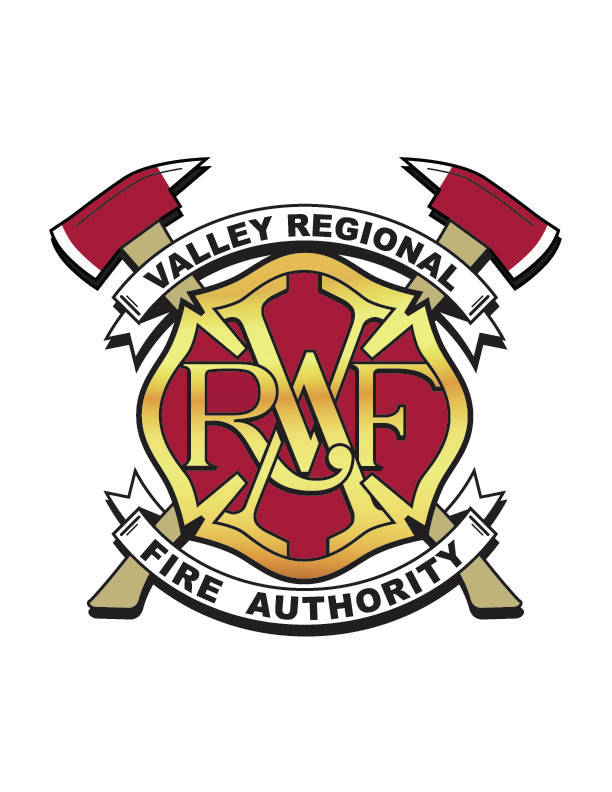The Valley Regional Fire Authority Proposition No. 1 measure is winning handily based on the updated numbers from Tuesday’s special election.
The measure calls for a modest increase in the regular property tax levy, which is one of two local funding sources for VRFA operations. It will also result in the reduction of the other local funding source, the Fire Benefit Charge (FBC), in 2021.
According to the latest returns released Wednesday afternoon, Prop 1 was well out in front, with 917 approval votes (72.66 percent) to 345 rejection votes (27.34 percent).
“Passage of Proposition No. 1 is critical for our ability to continue meeting the needs and expectations of the citizens we serve,” said Fire Chief and VRFA Administrator Brent Swearingen.
If passed, the proposed property tax levy increase will have a modest financial impact on local citizens, with owners of a 2,000-square-foot, $350,000 home seeing their total cost of VRFA services increase less than $1 per month.
When the VRFA was created, the agency was funded by a balanced combination of property taxes and the FBC. With the property tax limited to 1 percent annual increases, the FBC has grown as a percentage of total VRFA funding. Because state law limits how high the percentage of funding from the FBC can become, continuing the current trend will lead to funding and service constraints.
“We need to be forward-looking,” said VRFA Governing Board chair Leanne Guier, Pacific mayor. “This is a proactive step to ensure that VRFA will be able to continue to meet the needs of our communities.”
Since the VRFA’s creation in 2007, its service area has changed significantly, with the number of customers up 30 percent, and call volumes up 40 percent.
Swearingen said that this growth has been accommodated without significant increases in facilities or operational staffing, but the VRFA is reaching the practical limit of its ability to continue doing that.
“Proposition No. 1 is critical for the future of our services,” he added. “Anticipating and addressing challenges before they become major problems is a big part of being a good steward of public resources.”


